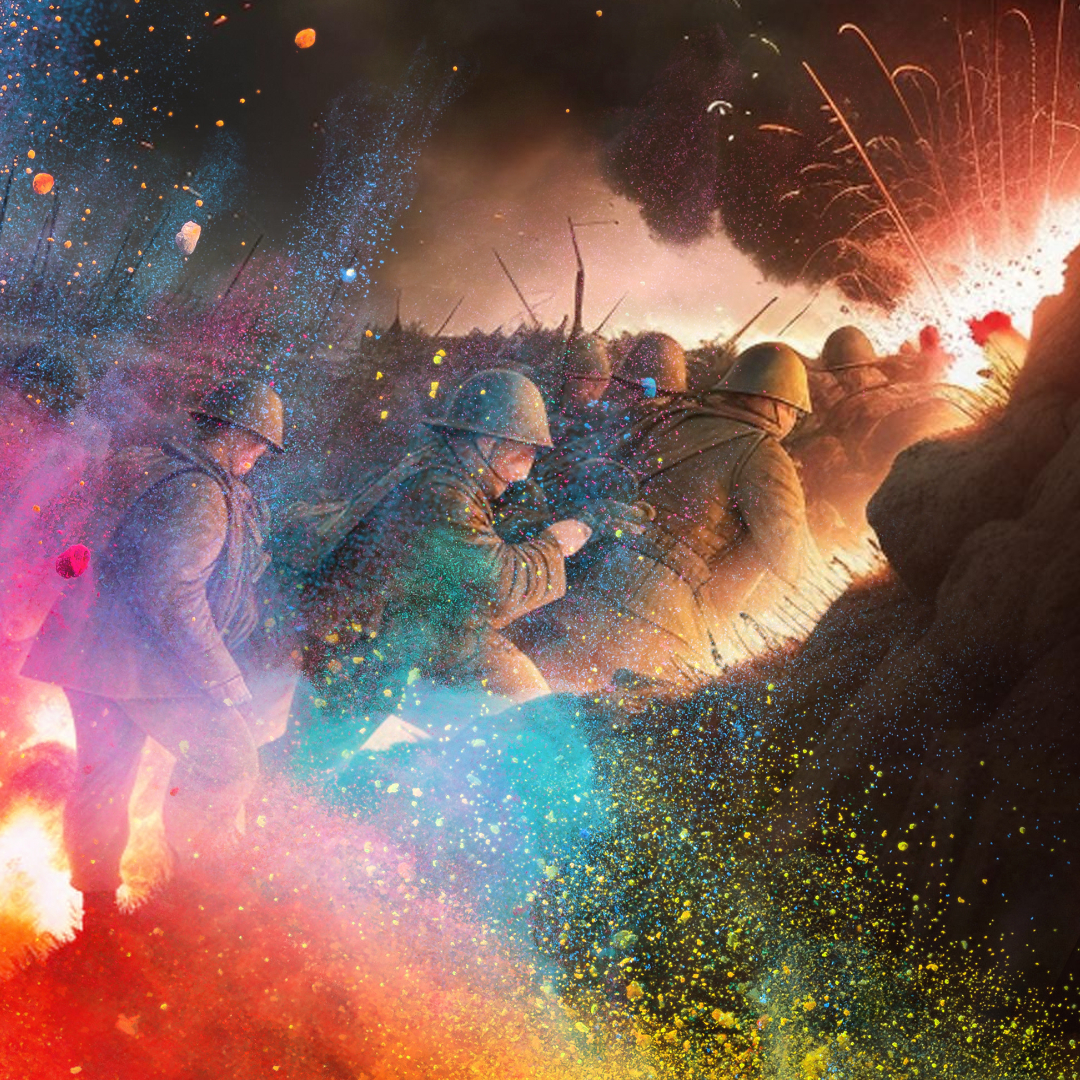Any seasoned student of International Relations will know by heart the story of international anarchy. The idea is a crisp one:
“Law and order in our countries occurs for only one reason,” says the student. “That reason is the state – a great beast, a Leviathan of monstrous indefeasibility – which lords over its citizens. The weapon it wields is a monopoly on all legitimate use of violence, and it uses this violence to enforce agreements and contracts, punishing those that renege or rebel. The brooding threat of violence knits itself into the very fabric of society: the tree-lined avenues, the council swing-set, the glistening shop windows. All are bought by, and protected by, this threat of force.”
While this feature of the state sounds almost fantastical to those peace-dwelling citizens – for whom the sound of a gunshot is the stuff of video-games, echoing from a kid’s bedroom while hot dinner brews – many know it to be deeply significant. Among those believers is the 17-year-old gang recruit, who – as if in a waking nightmare – finds himself shuffled from the site of his petty theft, suddenly walled in on all sides, guarded day and night by violent men – men he is only just learning to call “government”.
Another believer is the artisanal miner of Eastern Congo, who sees in the dismantling of Leviathan the dismantling of order itself. No roving gang in his small universe controls the use of force. All violence is contested, and thus violence is everywhere. Its contestation has brought it up above the surface – resurrected it from its implicit role in roads and taxes – and dragged it into primary purview. Once the conflict is resolved and the Leviathan has found victory, violence will creep deeper once again, to be seen only by those who brush against the scales.
But perhaps the most conscious believer of them all is the scholar of war, who studies order between (rather than within) these Leviathans. This scholar finds a tidy, almost too perfect, explanation for the violent outbursts between these beasts – some of which have cost the lives of some 60 million subjects. The explanation is simply that there is no Leviathan of Leviathans. There is no beast to control force at the international level; no king of kings to enforce the rules and punish the traitors. And thus abound the traitors, whose treachery reaches far beyond the petty theft, stretching to the murder of millions. While the little thief languishes, confused at the force that steals his life with precision, these manifold greater beasts roam free upon the earth, stamping out life at a rate best measured in miles and cities, burning worlds to crisp.
The French government is as much a Leviathan as the Russian government, but not all sea beasts have cause or capacity to fight at the same; just as not all citizens are criminals all of the time. The problem is simply that, when a Leviathan chooses to whip his tail against a neighbour, most of us can simply stand and watch. The outcome of these encounters invokes such horrors that invariably the spectator asks: “How can we let this happen?”
How, indeed. Well, there are two obstacles, one practical and the other normative. Practically speaking, it would be very difficult to disarm all of the states and empower one global entity with a monopoly on violence. The future of technology may change this fact – and it may do so rapidly. Normatively, though, there are obvious reasons we might not want to do this. It sounds incredibly dangerous: too much power in too few hands. Leviathans go wrong at the national-level all the time: they are always just a few scales away from becoming engines of mass execution. If this were to happen to our world serpent – Jorgmundr, we could call him – the devastation would be historically unparalleled, and there would be no-one at all to stop him.
It seems out of the question. But the average Westerner would do well to remember what the state is. It is no friendly entity. The power of the government may – at a stretch – originate in the will of the people. The power of the state does not. You do not vote it in or out, deciding its borders, its size, its mandate. Its will is, in many ways, its own. And that will is protected not by persuasion nor by tradition, but by an unmatched capacity for violence. A capacity so continuous and ubiquitous that, when operating at its most effective, it turns invisible. Too common to perceive.
The arc of a modern society is punctuated with periods of internal peace, when brushes with the true face of the beast seem few and far between. Perhaps more significantly, there are individuals who – even beyond peace time – are remarkably shielded from the violent threat that surrounds them. These individuals are the greatest beneficiaries of the State; those who enjoy the privileges of an ordered community, but who see nothing of the blood that daily sustains it. In part, this is because they do not look close enough.
It is these individuals, and those who live in peaceful moments, who must do all they can to recall what the state really is. If they do not, they will invariably support policies which only a friendly state can justify – and no such state really exists. The state is extremely difficult to destroy. Police forces, legislatives, roads, and civilians can all be destroyed. Beyond them, the state continues to tick, vultures ever lurking to assume its helm. When we vote, we must vote with this in mind, understanding the state for what it is, not for what we wish it to be.
